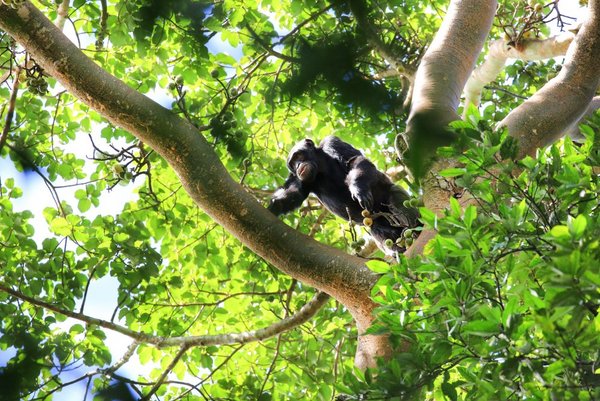 Read this article in French
Read this article in French- Share this article
- Subscribe to our newsletter
Massive genomic project to benefit African biodiversity and sciencists
The African BioGenome Project (AfricaBP), which involves more than 100 African scientists from five African Union regions and 22 African organisations, intends to sequence the genomes of African plant, animal, fungus, protist, and other eukaryotic species. This initiative stems from the need to build a major genomics resource in Africa for the benefit of African breeders and conservationists. Though previous activities that aim to study, conserve, or improve African biological diversity were done in the past, most of them have been led by researchers from outside the continent.
AfricaBP's three main goals are:
- To provide resources to help breeders produce resilient and sustainable food systems;
- To help design effective biodiversity conservation strategies by identifying species that are at risk of extinction; and
- To improve and harmonize the sharing of data and benefits and ensure that the data obtained will be equally shared across the African community.
AfricaBP also promotes the following:
- Develop laws and regulations by the countries involved to govern the national access of the data that will be generated within the context of a cohesive continental agenda while following the CPB Nagoya Protocol;
- Encourage national governments to invest in infrastructure to support genomics and bioinformatics in Africa; and
- Set up a knowledge hub to support the African scientists' careers by providing opportunities, trainings, and incentives in genomics and bioinformatics that can be passed on to the next generation of scientific leaders.
This endeavour will bring and sustain cutting-edge scientific technologies in Africa that have been mainly accessible to high-income countries, while obtaining important data that will ensure the protection of African biodiversity and improve their resilience to pressures brought about by climate change.
(ISAAA/wi)
More information:
Link to commentary article in Nature





Add a comment
Be the First to Comment